- 翰林提供学术活动、国际课程、科研项目一站式留学背景提升服务!
- 400 888 0080
做孩子的知心导师 | 清华附中国际部第十五期家长学校回顾
讲座概况
Summary
2019年12月6日,清华附中国际部第十五期家长学校如期开讲。继前两次陈开航老师主讲的家长学校后,家长们更加感受到学习的饥渴和迫切,行政楼104房间座无虚席,过道里都加满座位。本期讲座的主题是《做孩子的知心导师》。开航老师演讲的内容都来自于孩子和家长们日常面对的挑战,其中包括:如何帮助孩子处理情绪、如何与孩子建立亲密的亲子关系、如何帮助孩子进行时间管理、如果孩子在学校被欺负了家长该怎么办、如何建立孩子的自尊和自信。
On December 6, 2019, the fifteenth lecture of THIS Parent School was held as scheduled. After the last two Parent School lectures which were delivered by Ms. Chen, the parents were eager to learn more- all the seats in 104 were full! The theme of this lecture was to “How to be a Good Mentor for Children.” Subtopics were as follows: daily challenges faced by children and parents, how to help children deal with emotions, how to establish closer parent-child relationships, how to help children with time management, what to do if children are bullied at school, how to build children's self-esteem and self-confidence.
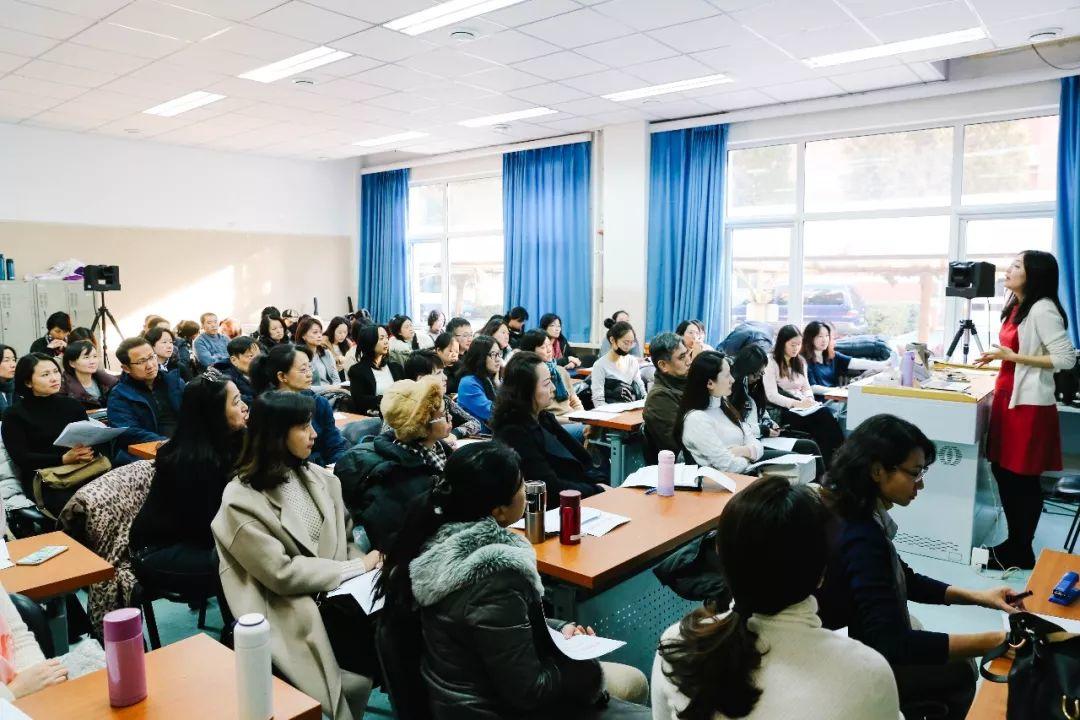
讲座纪实
Lecture Record
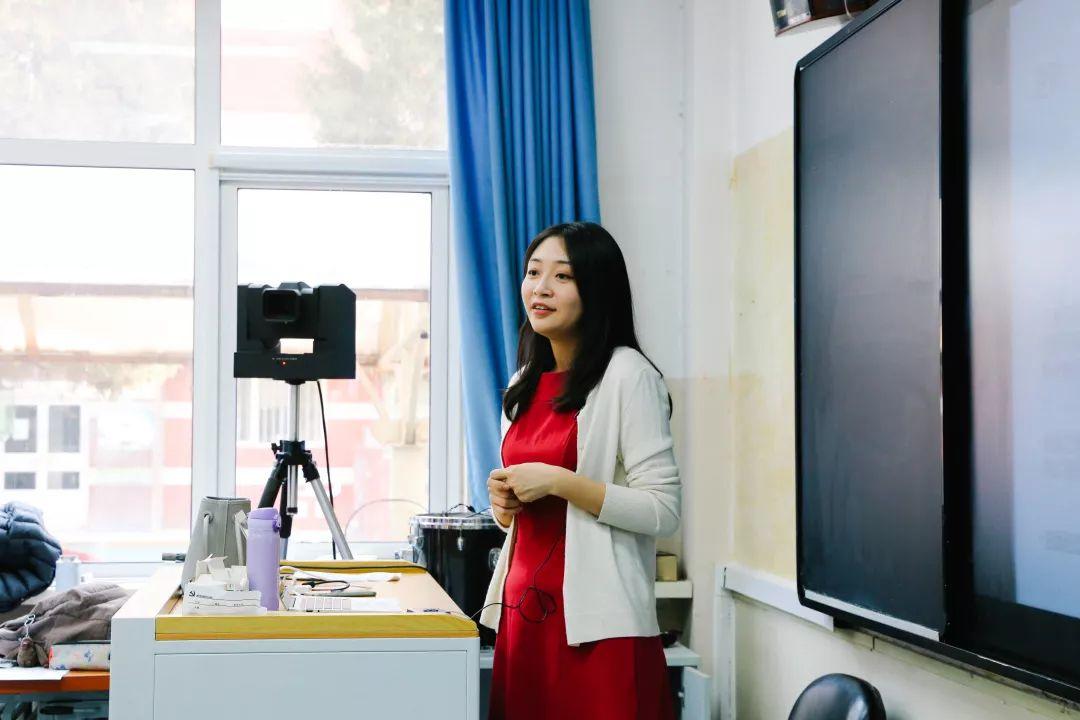
主题一 | 情绪处理
在情绪处理这个主题,开航老师首先复习之前讲过的“反映性回应技术”,针对家长回家后的实操情况进行点评。指出这个技术旨在“看到、看懂”孩子,使用陈述句回应(比如:你看起来很难过;你现在真的很生我的气,而不是对孩子进行提问)能够让孩子感到被理解,有助于拉近亲子关系。接着,开航老师为家长们解读如何区分和应对孩子的两种情绪状况--发脾气和情绪崩溃。发脾气是一种比较“通常”的情绪失控状况,家长在家中就能够很好的应对和管理。崩溃则是孩子情绪非正常的一种表现,需要更加专业的帮助。发脾气是孩子想要通过情绪来达到某种目的,家长不应被孩子激怒,而是平静的陪伴孩子,温和且坚定的坚持之前与孩子一起确定好的界限,让孩子承担起自己的责任。比如:孩子因为不满意手机的使用规则而发脾气,哭闹不肯上学。这时,家长能做的是冷静下来,让孩子自己应对上学迟到带来的麻烦。
Ms. Chen first introduced the idea of "reflective response skills" as a way to address emotional management. She pointed out that this skill aims to "see and understand" children. The use of declarative sentences (for example: you look sad; you are really angry with me now, rather than asking questions) can help make children feel understood. Then, Ms. Chen explained how to distinguish and deal with the two emotional situations of children: losing temper and emotional breakdown. Children lose their temper when their needs are not satisfied or they feel hopeless or misunderstood. Under this circumstance, parents should not respond with anger but instead, stay firm and gentle, adhere to the boundaries they created, and let children bear their own responsibilities. For example, if a child is angry and refuses to go to school because the mobile phone usage rules are not satisfactory, don't worry, accompany the child and let him deal with the trouble of being late for school.
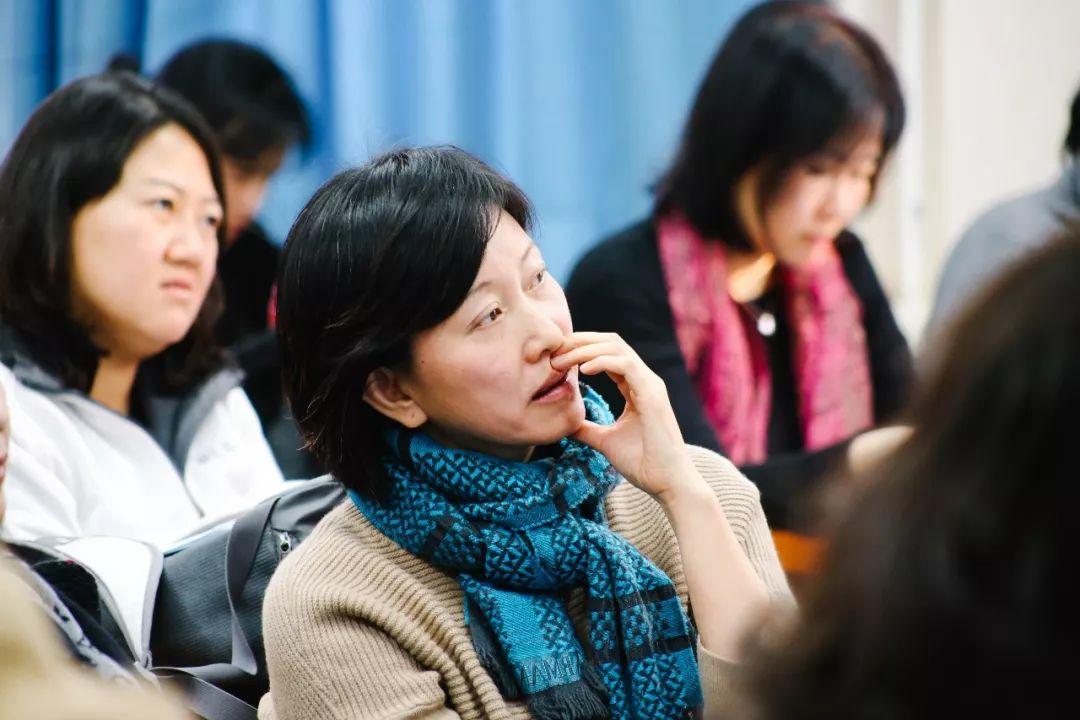
主题二 | 建立亲密的亲子关系
与情绪管理密切相关的话题是如何建立亲密的亲子关系。开航老师表示,当孩子向家长宣泄烦心事时,正是家长走进他们内心的良机,但一定要注意以下几点:Ms. Chen provided many useful tips on establishing intimate parent-child relationships, a topic that is closely related to emotional management. When children vent their anger to parents can rely on some of the following rules:
1不要着急提建议!(重要的事情说三遍)Don't rush to make suggestions.
2对孩子而言,比父母说了什么更重要的是父母的态度。
For children, parents’ attitude is more important than their response.
3“你为什么这样觉得”不是一个好回应。
"Why do you think so" is not a good response.
4“反映性回应” 可以让孩子感到被理解,帮助他们疏解情绪。
"Reflective response" can make children feel understood and their emotions can be well relieved.
5支持孩子的感受和需要,哪怕家长不支持他的行为。
Support child's feelings and needs, even if parents don't support his/her behavior.
此外,开航老师拿出了“四大法宝”帮助家长更好的拉近亲子关系:
The following procedures given by Ms. Chen can turn out to be magic weapons when building the parent-child relationship.
1全神贯注地倾听
Listen attentively.
2用“嗯”“这样啊”来回应孩子的感受
Respond to the children's feelings with "um" and "ah like this".
3肯定并说出孩子的感受“这件事让你很难过”Affirm the children's feelings. ("it's very sad for you.")
4用“做白日梦”的方式实现他们的愿望“要是中文老师不留那么多作业该多好啊”。
Realize their wishes with "daydream" method. ("if the Chinese teacher doesn't leave so many homework.")

主题三 | 时间管理
在如何帮助孩子进行时间管理、提高学习效率这个主题中,开航老师讲授了番茄时间管理法。当孩子有多项作业时,先帮助孩子列出作业任务清单;预估每项任务需要的时间(每半小时叫做一个“番茄时间”,其中包含25分钟专注学习和5分钟休息);画出需要的番茄个数;学习结束后用颜色标注出已经完成的“番茄”。通过预估时间,将任务和时间单位化,孩子可以逐渐培养起时间意识和成就感;比较预估的番茄数和实际使用的番茄数,孩子的学习效率变得一目了然。
Ms. Chen then introduced the tomato time management method to help kids with problems organizing and managing their time. When the child faces multiple assignments, parents can help them make a task list. Then, estimate the time required by each task (every half an hour is called a "tomato time", which includes 25 minutes of focused learning and 5 minutes of rest) and then draw the estimated number of tomatoes. After finishing all the tasks, mark the completed "tomato" with color. By estimating time, dividing tasks and time into small units, this method can cultivate a child’s time awareness and a sense of achievement. Besides, after comparing the estimated number of tomatoes with the actual number of tomatoes used, parents can also keep track of what is actually happening/ what tasks are being completed.
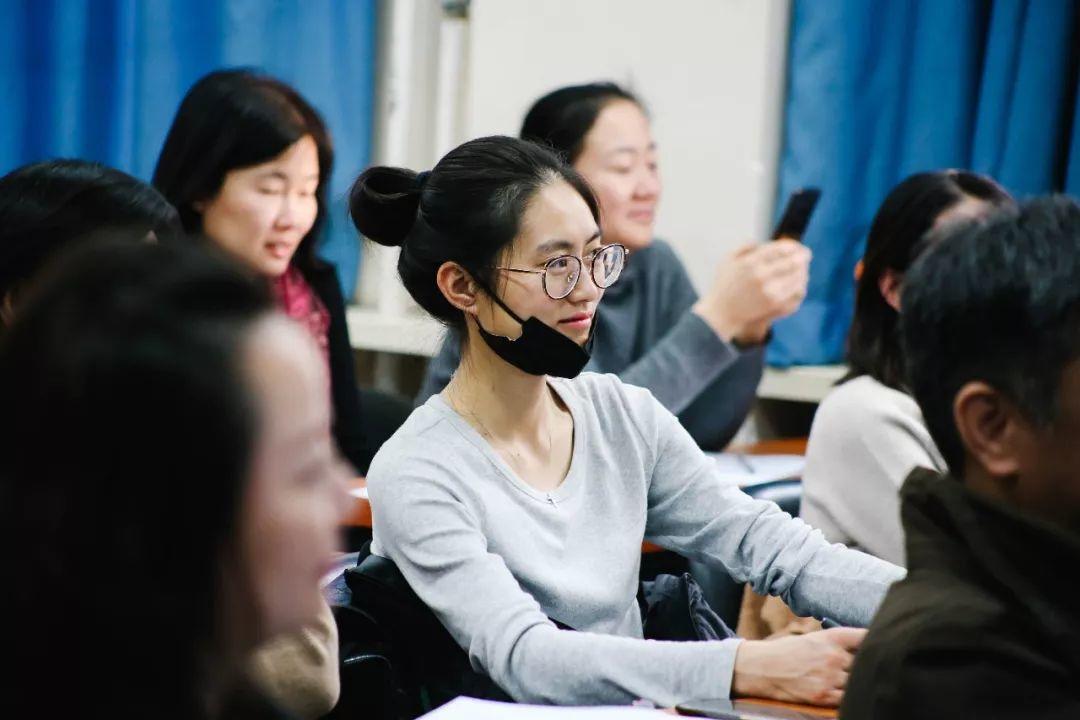
主题四 | 预防霸凌
如果孩子在学校被欺负了家长该怎么办?欺负和冲突是两件事,要分别对待。如果孩子真的受到欺负(欺凌),成年人需要介入和帮助。不要告诉孩子被欺负是成长中的挫折训练(有些欺负不会自动复原,也不会让人更坚强)。对于如何预防校园欺凌的出现,开航老师给出以下建议:What should parents do if their children are bullied at school? Bullying and conflict are two things that need to be treated separately. If a child is bullied, adults need to step in and help. Don't tell your child that being bullied is a setback in growth. Bullying can cause long term difficulties and it is not something that makes our children stronger. Ms. Chen gave some practical ways to manage bullying:
1教导孩子以平等、相互尊重、允许差异、不追求赢者为王的价值观相处(校园欺凌中容易受伤的孩子是那些在意别人看法的孩子)。
to cultivate the values of equality, mutual respect, allowing differences, not pursuing the winner as the king.
2多了解孩子的交友情况,提升孩子的交友能力。
to learn more about children's friendships and improve their ability to make friends.
3与孩子谈谈怎么做才是真正的强者,如何面对比自己强的人。
to talk with children about how to be a real strong person, and what can be done when others are better than themselves.
4与孩子谈谈什么是校园欺凌并表明家长的态度,与孩子讨论应对校园欺凌的方法。
to talk with children about what is bullying on campus and the ways and attitudes to deal with it.
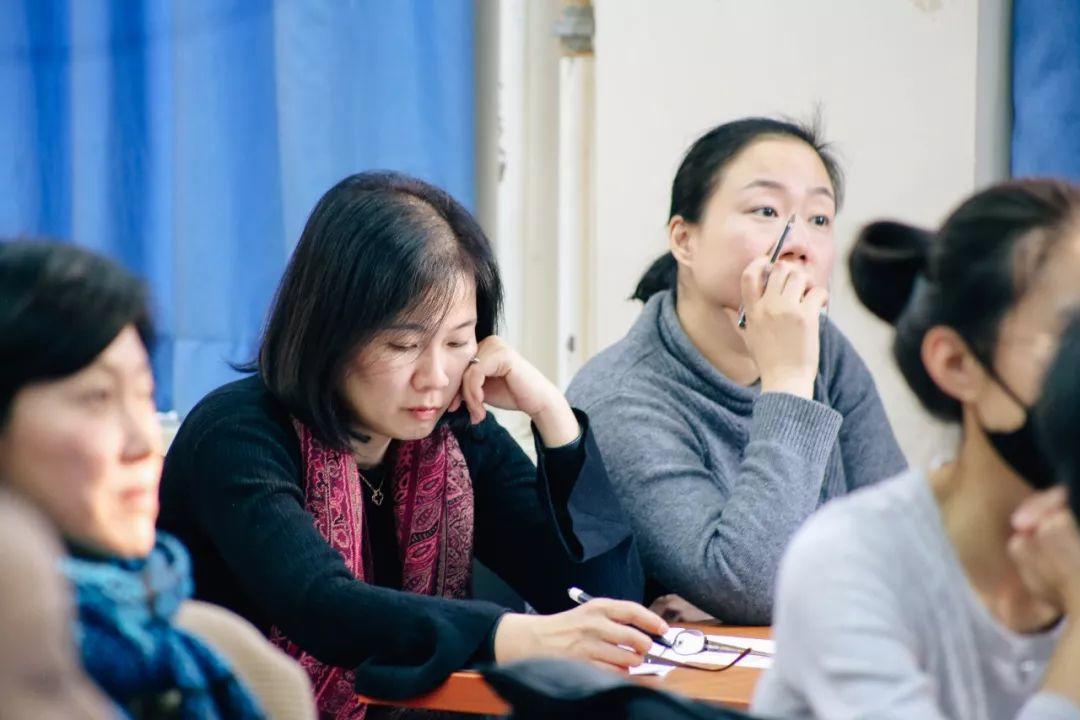
主题五| 建立自尊与自信
开航老师在讲座中给出如下方法,帮助孩子建立自信和自尊:How to help children build self-confidence and self-esteem?1使用选择给予法(又称逻辑后果法),培养孩子负责任和做决定的能力。家长需要提供适合孩子生理和心理发展阶段的选择,大孩子大选择,小孩子小选择。给孩子做选择的空间和自由,因为自由带来责任,责任带来责任感。
to cultivate in children the ability to be responsible and make decisions by using the method of Choice Giving (also known as the Logical Consequence method). Parents should provide choices that suit children’s physical and psychological age. The choices need to be accepted by both two parties since children are more likely to follow the decisions they make themselves. Give children the space and freedom to choose. Freedom brings responsibility, responsibility brings commitment.
1帮助孩子发展出积极的“自我”感,不仅要给孩子无条件的爱和接纳,还要让孩子通过尝试获得胜任感,永远不要代替孩子做他们力所能及的事情。
to help children develop a positive "self" image. Parents not only need to give children unconditional love and acceptance, but also to help children gain a sense of success by allowing them to try things on their own.
2家长可以给孩子做一个积极品质海报,识别和赞赏孩子身上的闪光点。
to make a positive quality poster for children, identifying and appreciating the good traits of their children.
家长提问摘要
Summary of Q&A
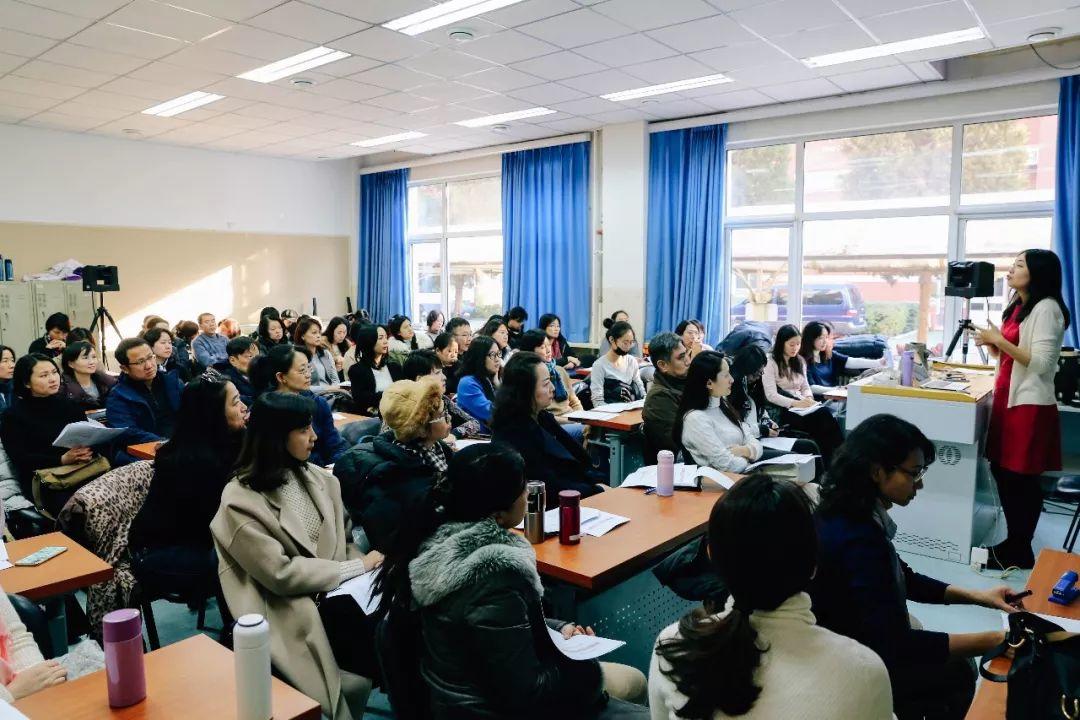
Q:孩子十年级了,没有什么话愿意和妈妈讲,总是想早点离开家,妈妈该怎么办?My child is currently in the tenth grade. He has nothing to say to me and repeatedly said that he wants to leave home. What should I do?
A:继续多陪伴孩子,建立关系。和孩子闲聊就好,避免带目的性的聊天。To spend more time with him and build relationship. It's good to chat with you child and avoid purposeful conversations.
Q:孩子10岁,近期表现出很大的情绪波动,有时放学路上突然生气不理妈妈,自己就先冲回家去了,到家后又没有事了,这是什么原因,妈妈该怎么办?
My child (10 years old) has shown great mood fluctuation recently. Sometimes when I picked him up at school, he suddenly becomes angry and rush home alone. But afterwards, he becomes OK. What's the reason? What should I do?
A:孩子接近青春期情绪变化大很正常。首先两件事让家长很欣慰,孩子有自我控制(他走回家而不是去别的地方)另外他的情绪能够自行平复下来。这种情况家长做好心理准备就好,孩子的情绪起伏不一定是针对大人,父母给孩子情绪上的认同(反映性回应)孩子就能得到支持和帮助。
It's common for children to experience mood change when they are approaching puberty. There are two things about which parents should feel grateful. First, the child has self-control (he walks home instead of going to other places). Secondly, he can calm his mood. Children's emotional ups and downs are not necessarily aimed at adults. A reflective response to their emotions can be of great help.
本学期的三场家长学校讲座圆满结束,家长们普遍反映开航老师的讲座深入浅出、干货满满。国际部也会在下个学期继续为家长提供学习和交流的平台,与家长一道呵护孩子的成长。
The three Parent School lectures of this semester came to a successful end. Parents gave positive feedback on both solid principles taught by Ms. Chen and practical ways to deal with different problems. THIS will continue to establish platforms for communication and provide quality lectures for parents.

最新发布
© 2025. All Rights Reserved. 沪ICP备2023009024号-1









